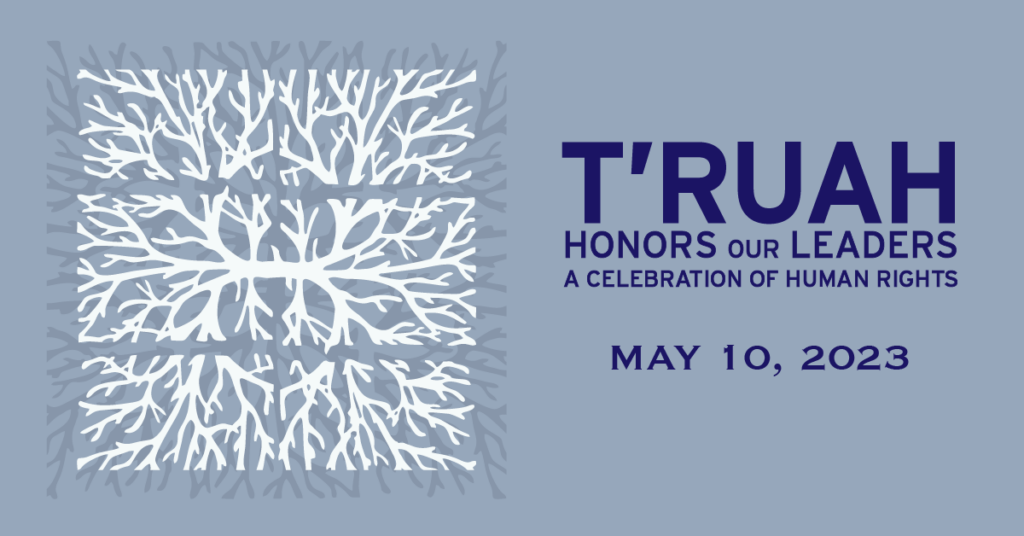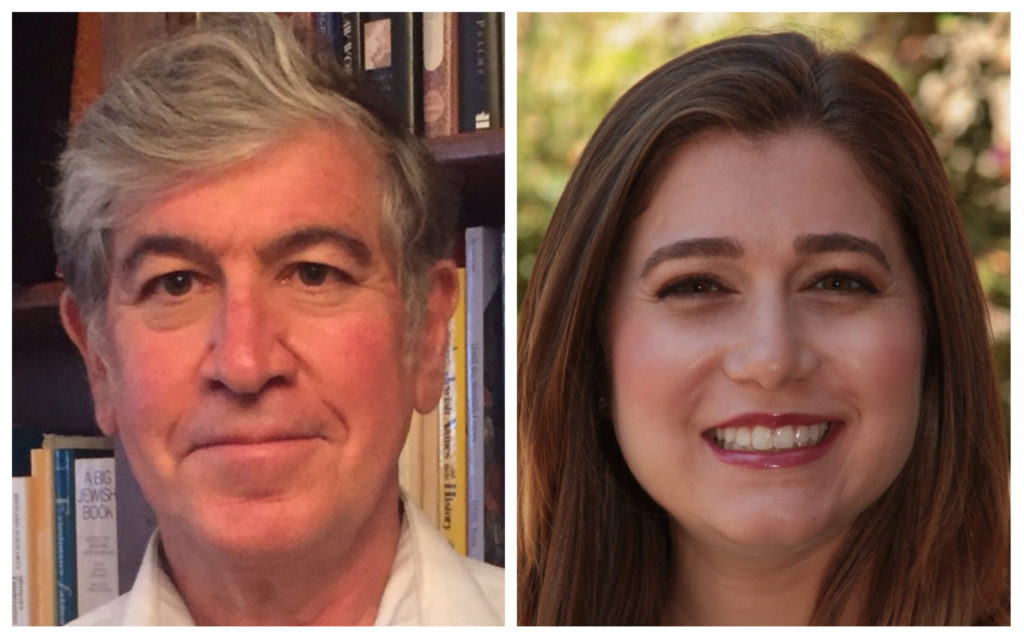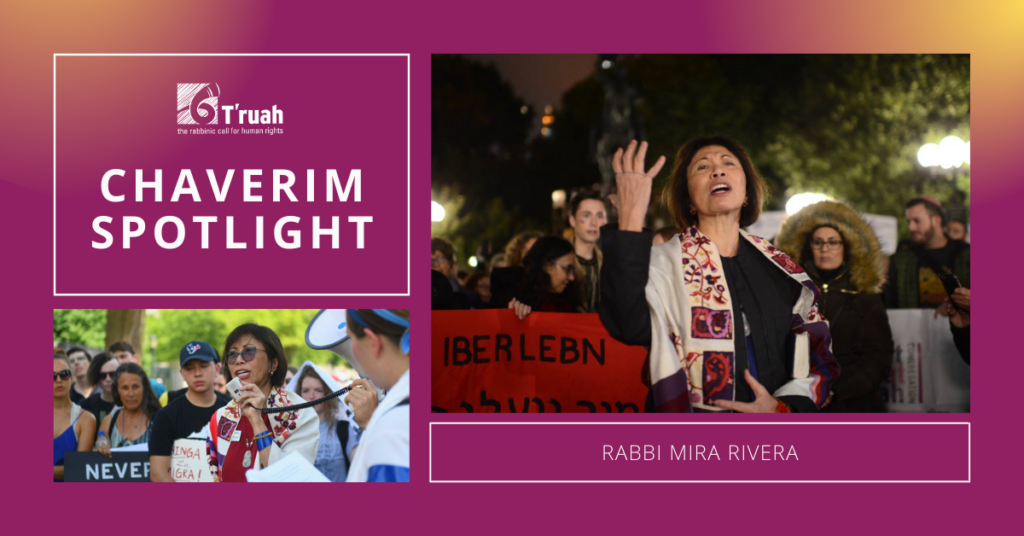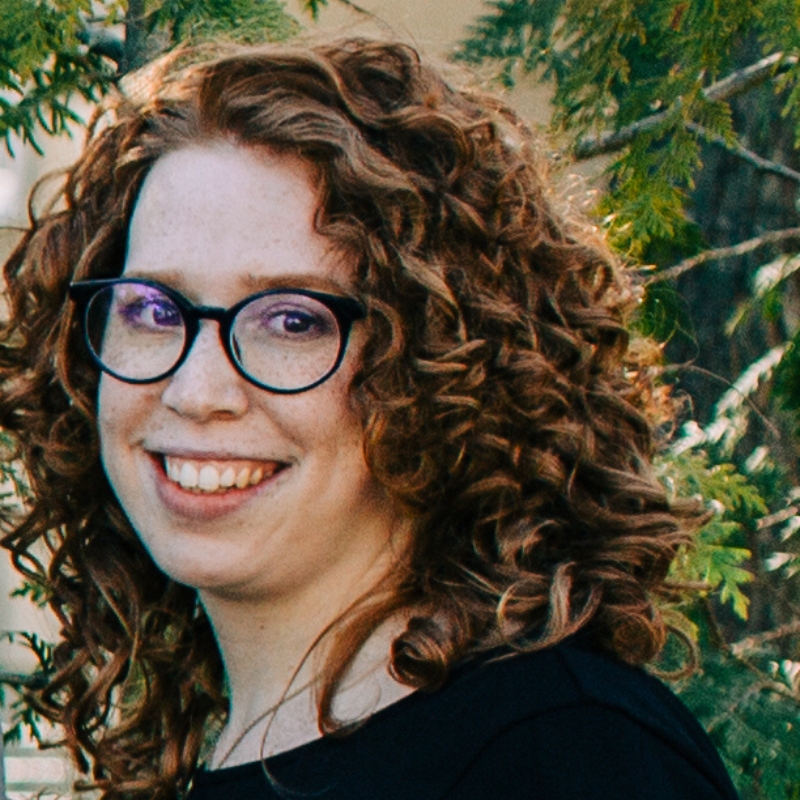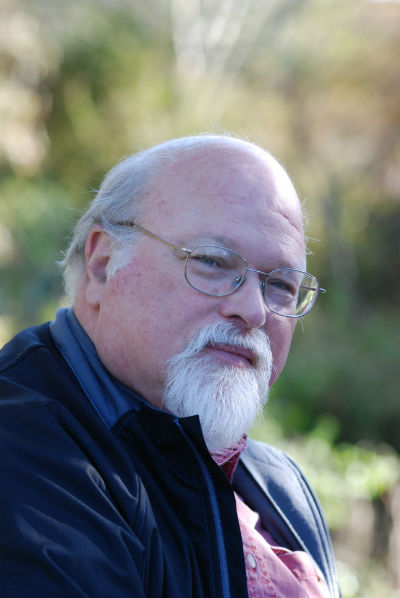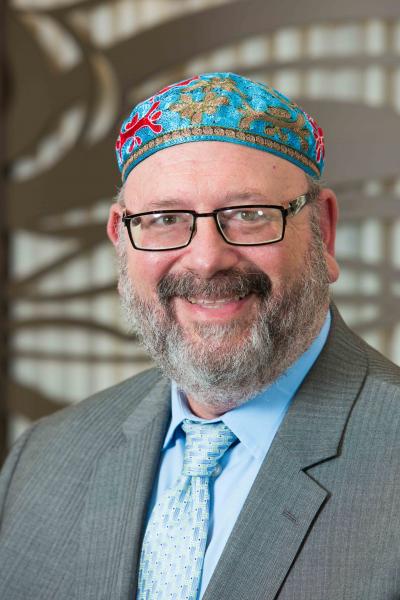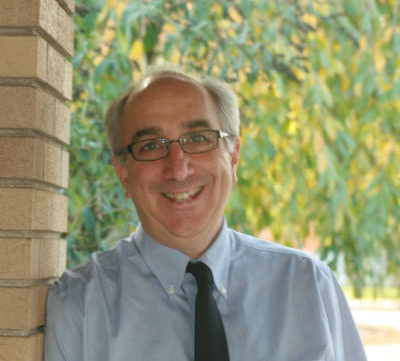Our Immigrant Ancestor
Avraham Avinu, our common ancestor Abraham, was an immigrant. “Go,” God commands in this week’s portion, “from your land, from your native territory, from your father’s house to the land that I will show you.” Taking his wife Sarai, his nephew Lot, and his household members with him, Abram (as he is still named at...
read more
